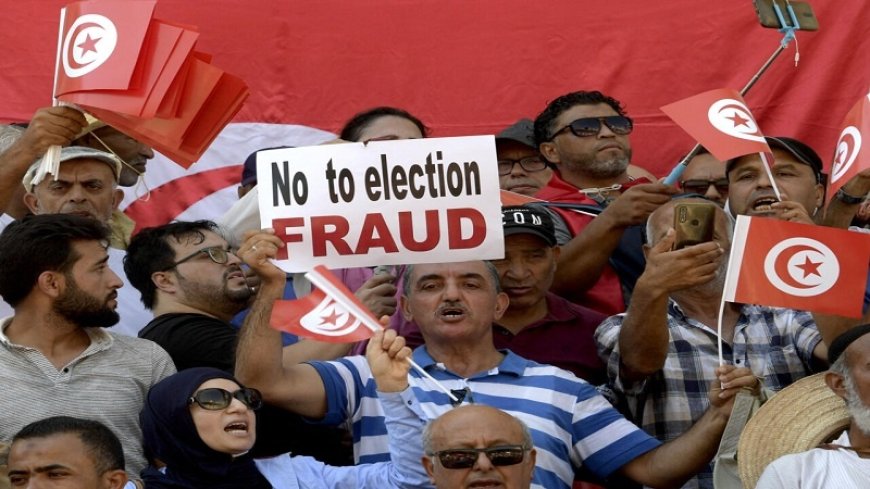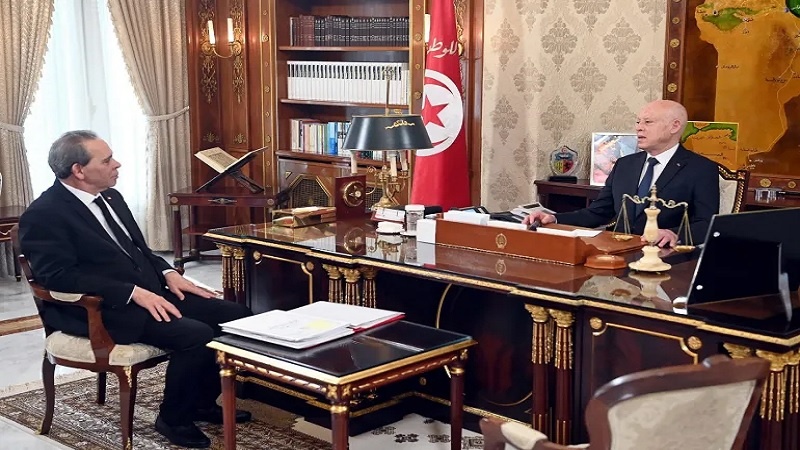Tunisian opposition warns of unfair competition in presidential elections
Opponents of the Tunisian government have said that the general political situation in the country, accompanied by security investigations, prosecutions, and prison terms against political opponents of President Kais Saied, "lacks the conditions and conditions for fair competition in the race of the next presidential election."

It is after the former presidential candidate and Secretary General of the Republican People's Union Party, Lotfi Maraihi, was brought before the Information Technology Crime Squad of the National Guard for investigation.
Al-Maraihi has said that the investigation against him was based on giving his opinion indicating that the order to interview him followed the political decision of President Saied or people close to him.
He has said that these measures are taken within the framework of an integrated approach that is used against everyone who has a high chance of winning in the presidential election expected next year.
Civil organizations in Tunisia say that Decree 54 was supposed to fight cybercrime, but instead it threatens freedom of expression and has turned into a sword placed around the neck of dissidents, journalists and bloggers, opening the door to prison.

The leader of the opposition party Salvation Front, Ahmed Néjib Chebbi, says that the political situation in Tunisia does not have a good environment for free and fair competition, pointing to "constant investigations, prosecutions and opponents being imprisoned because of injustice and oppressive laws.”
For his part, the Secretary General of the Democratic Party, Nabil Hajji, has told Al Jazeera of Qatar that the administration of President Kais Saied is monitoring everyone who is interested in running for the next presidential election, stressing that a document was leaked days ago containing the names of a number of candidates who have been falsely prosecuted.
On July 25, 2021, President Saidi took extraordinary measures, including dismissing Hichem Mechichi's government, dissolving the Parliament and the Supreme Council of the Judiciary. He also changed the country's constitution and took over all the powers of the country in northern Africa.













































